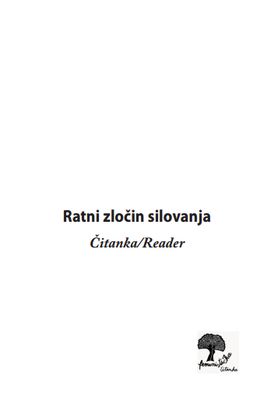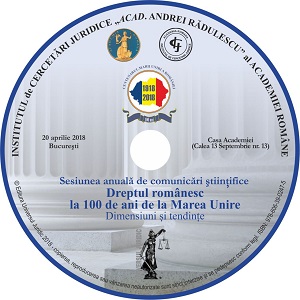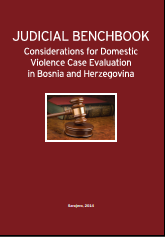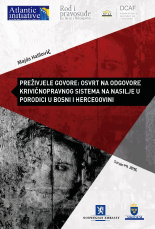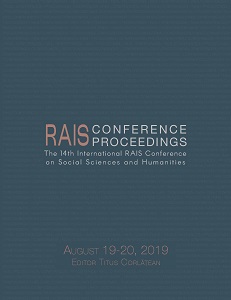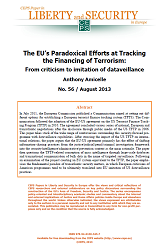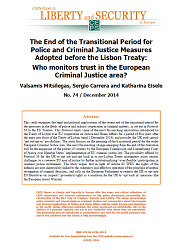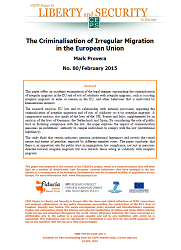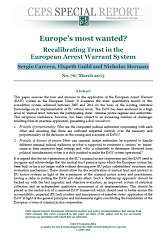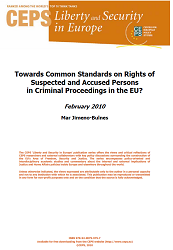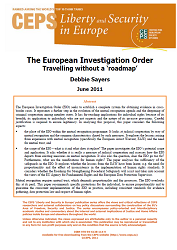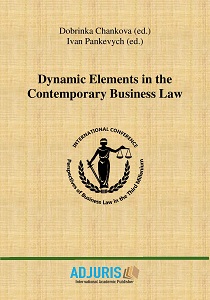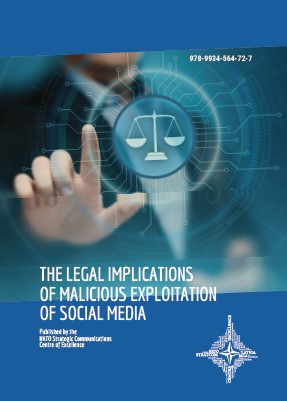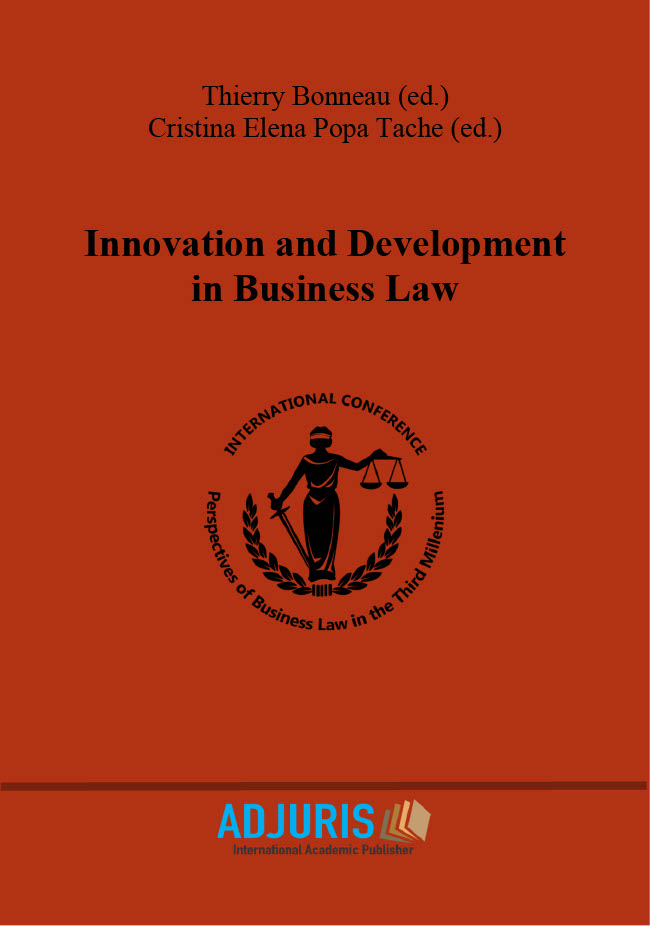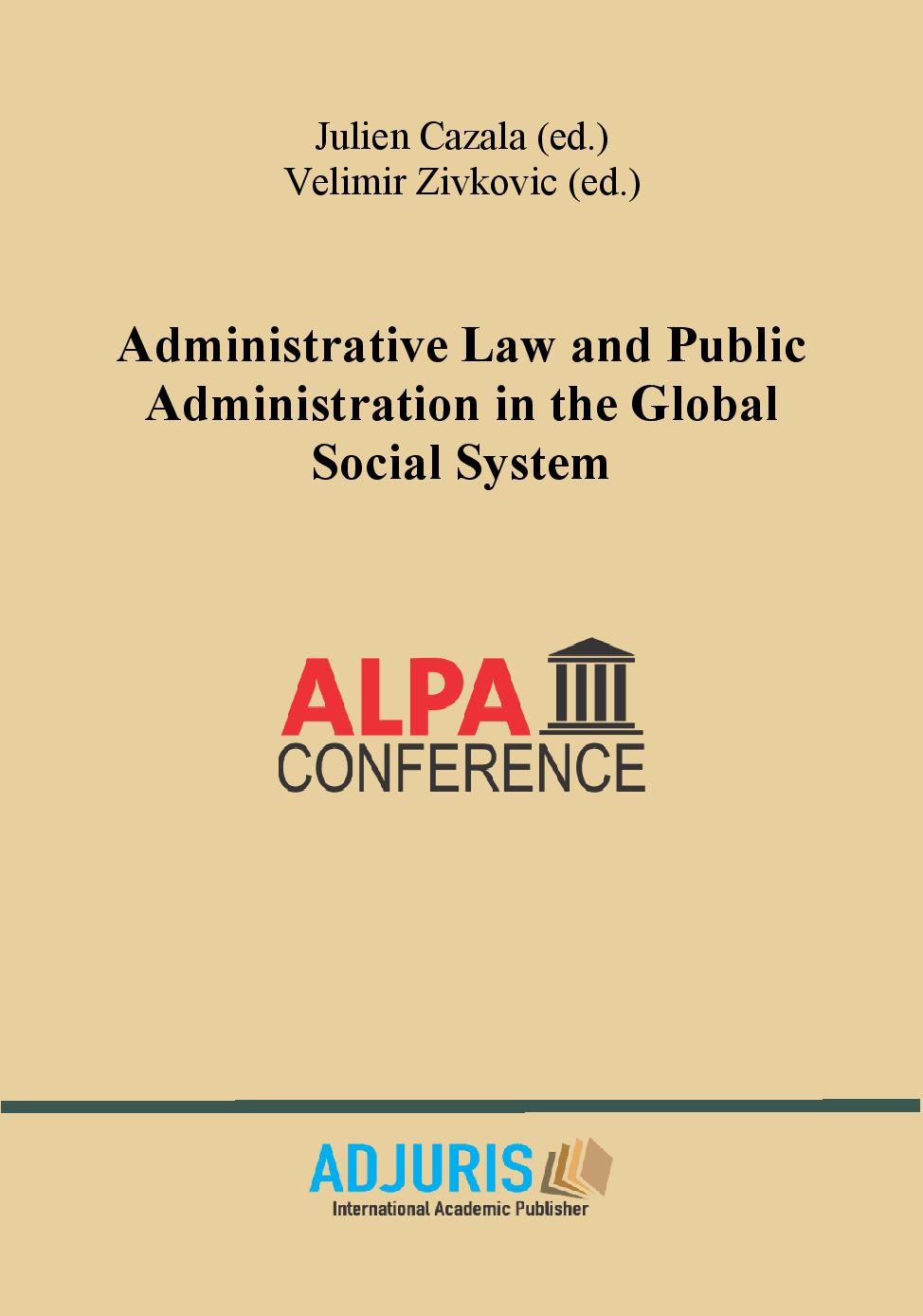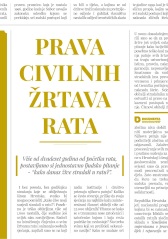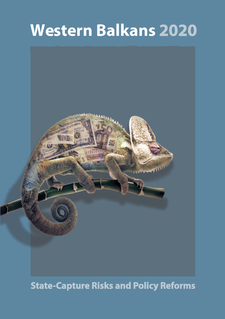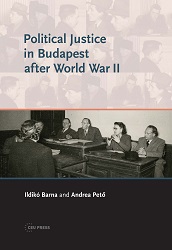
Political Justice in Budapest after World War II
In Hungary, which fell under Soviet influence at the end of World War II, those who had participated in wartime atrocities were tried by so called people’s tribunals. This book examines the history of these courts by means of a new methodology that the authors themselves have elaborated. Seeking to rise above ideological considerations and the methodological problems of earlier investigative frameworks, this study hopes to bring about a new level of awareness. The authors seek to determine which people were drawn into the transitional justice process and how the people’s tribunals functioned, with particular regard to gendered aspects. A further aim is to reveal the effects of the people’s tribunals on post-Holocaust Jewish identity.
More...
